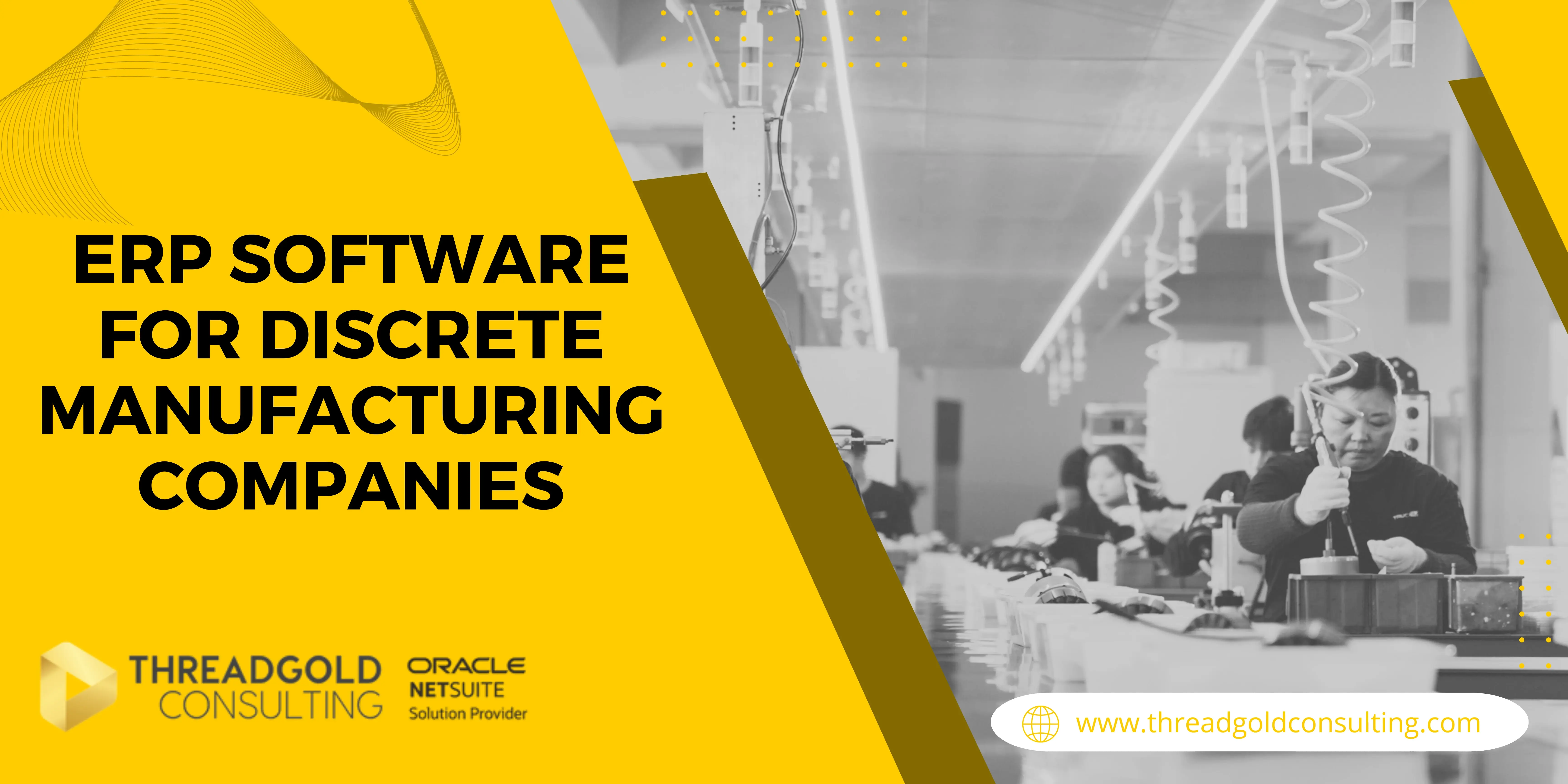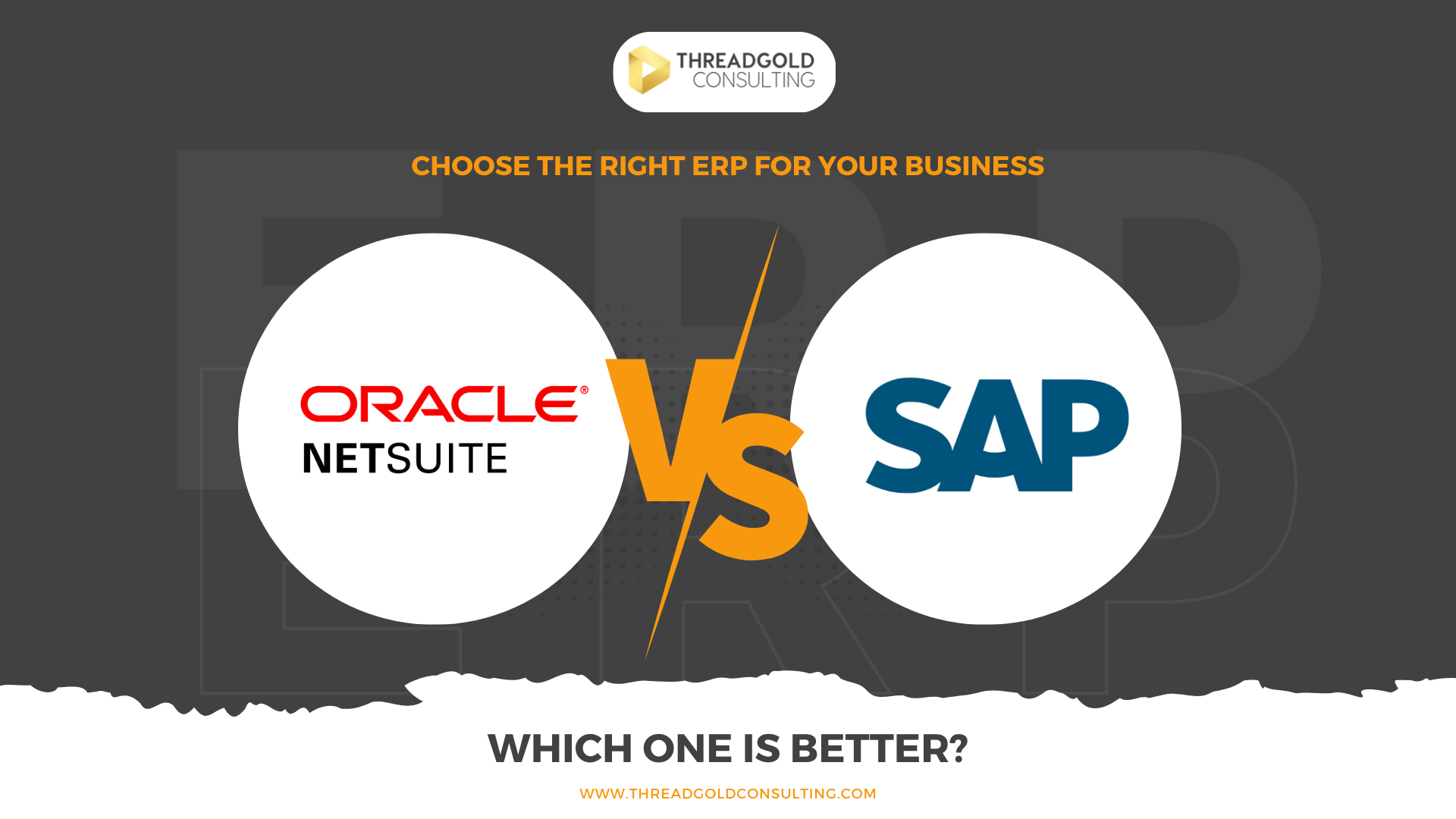Discrete manufacturing involves assembling distinct parts into finished products using bills of material, routing, and production orders. This would be virtually impossible without the help of a solid ERP system that offers clarity in inventory, enable effective cost control, and support flexible production modes like make-to-order, engineer-to-order or configure-to-order.
This deep dive explores market-leading ERP solutions tailored to discrete manufacturers in 2025. Each section highlights a unique system, breaking down its core features, pricing details, and the types of companies it's best suited for.
1. SAP S/4HANA
SAP S/4HANA remains a top choice for large-scale discrete manufacturers with complex global operations. Built on an in-memory database, it supports real-time analytics and lightning-fast MRP resolution. The system integrates seamlessly with other SAP modules to provide full enterprise visibility.
Key features:
- Multi-level bills of material and advanced variant configuration
- Real-time inventory and production visibility
- Integrated quality management and compliance tools
- Predictive maintenance and demand forecasting with embedded AI
Pricing: A large-scale implementation can start around $250,000 in the first year and rise into the millions. An activation package for discrete manufacturing alone can run about €76,270 (~£65K).
Best for: Large manufacturers in automotive, aerospace, and electronics sectors who operate across multiple global sites and require comprehensive control over complex production workflows.
2. Oracle NetSuite
Oracle NetSuite is a cloud-native ERP that offers strong flexibility and modularity for discrete manufacturers. It's fully SaaS, making it ideal for companies looking to modernize without managing infrastructure. NetSuite combines financials, inventory, CRM, and production in one platform.
Key features:
- Full suite for finance, production, inventory, CRM, and procurement
- Supports work orders, bills of material, and demand planning
- Built-in dashboards for production KPIs and cost tracking
- Strong multi-entity and multi-currency capabilities
Pricing: Base ERP package starts around $999/month. Full user licenses are $100–200/month, while modules like advanced inventory are $400–800/month. Check out our comprehensive pricing guide for more information!
Best for: Mid-sized to fast-growing manufacturers needing a scalable cloud ERP that can handle manufacturing, finance, and sales in one platform without extensive custom code.
3. Microsoft Dynamics 365 Business Central
Business Central is Microsoft’s entry-level ERP for small to mid-size manufacturers. It combines core finance, inventory, and manufacturing functions with a familiar Microsoft interface. Integration with Microsoft 365 and Power BI provides added convenience for reporting and collaboration.
Key features:
- Production orders, BOMs, and inventory traceability
- Integrated financials, warehousing, and sales modules
- Seamless integration with Microsoft 365 and Power BI
- Flexible cloud or on-premise deployment
Pricing: Essentials edition is $70/user/month, and Premium (which includes manufacturing) is $100/user/month. Implementation typically ranges from $4K–25K.
Best for: Small manufacturers who want an intuitive, easy-to-implement ERP that works well with existing Microsoft tools.
4. Acumatica Manufacturing Edition
Acumatica is a cloud ERP designed with growing manufacturers in mind. It provides full visibility into operations with user-based licensing that avoids per-seat charges. The platform is known for its open APIs and flexible integrations.
Key features:
- Supports make-to-order, make-to-stock, and batch production
- Shop floor data collection and real-time dashboards
- Integrated quality control and engineering change management
- Role-based access and mobile-friendly interface
Pricing: Manufacturing edition starts at approximately $3,500/month. General edition starts at $6,000/year for 5 users; mid-sized firms often spend $25K+/year. Source
Best for: Mid-market manufacturers with varied production needs, especially those scaling quickly and needing cost predictability with open APIs.
5. Epicor Kinetic
Epicor Kinetic is focused on discrete and mixed-mode manufacturers, offering deep production capabilities and customizability. It is designed to handle complex shop-floor operations and advanced scheduling requirements. Deployment options are flexible, supporting cloud, on-premise, and hybrid environments.
Key features:
- Advanced scheduling and MES integration
- Lot and serial number tracking for traceability
- Built-in quality assurance workflows
- Available in cloud, on-premise, and hybrid models
Pricing: Perpetual license: $100K–500K; subscription: $2K–10K/month. User licenses cost $2K–3K each or $100–200/user/month. Manufacturing module costs $15K–40K one-time or $400–1K/month. So altogether you're looking at minimum $3000 per month.
Best for: Manufacturers in industrial equipment, fabricated metals, and electronics who require tailored ERP deployments and strong shop-floor control.
6. Infor CloudSuite Industrial (SyteLine)
Infor SyteLine provides robust functionality for manufacturers with detailed operational needs. It is tailored for manufacturers seeking in-depth planning and execution tools. The system can support complex multi-site operations and product configuration.
Key features:
- Multi-site planning and scheduling tools
- Advanced inventory and warehouse management
- Role-based dashboards and workflow automation
- Deep costing and product configuration tools
Pricing: Pricing is customized based on scale and deployment; vendors provide quotes on request.
Best for: Discrete manufacturers in aerospace, machinery, and high-tech industries who need precise control and extensive configurability.
7. IFS Cloud
IFS Cloud combines ERP, EAM, and service management into a single solution, ideal for asset-intensive and project-based manufacturers. The system supports full lifecycle operations, from production to field service. AI tools assist in scheduling and planning.
Key features:
- Integrated project manufacturing and service scheduling
- Real-time asset tracking and condition monitoring
- AI-enhanced planning and scheduling tools
- Mobile-first interface with field service support
Pricing: Pricing is evaluation-specific and typically provided only through quotes.
Best for: Manufacturers in aerospace, energy, and heavy equipment sectors who also manage after-sales service or maintenance.
8. Odoo
Odoo offers a modular and open-source ERP framework that's highly customizable and cost-effective for smaller discrete manufacturers. It provides essential MRP tools and can be extended with over 30,000 apps. Deployment options include both cloud and on-premise.
Key features:
- Core MRP with work centers, routings, and BoMs
- Integrated apps for sales, purchasing, and finance
- Custom workflows and dashboards
- Community and enterprise editions
Pricing: Community edition is free; enterprise version costs approx. €20–30/user/month. Additional hosting or customization may add to cost. Source
Best for: Small manufacturers who want full control over their ERP stack and prefer to start lean, customising as they grow.
9. Fujitsu Glovia G2 (CrescentOne)
Glovia G2 specializes in make-to-order and engineer-to-order environments. It offers fine-grained control over part-level cost and project tracking. This ERP is suited for companies with long product cycles and heavy compliance requirements.
Key features:
- Real-time visibility into project-based production
- Multi-language, multi-currency and global compliance support
- Built-in MES and quality modules
- Strong integration with legacy systems
Pricing: Pricing is niche and quote-based.
Best for: Aerospace, electronics, and automotive suppliers who handle complex customer-driven production and long-term contracts.
10. Katana
Katana is a modern ERP with a visual interface aimed at small manufacturers and makers. It is optimized for integration with ecommerce platforms and provides intuitive planning tools. The system supports light manufacturing and real-time order sync.
Key features:
- Simple BOM and work order creation
- Real-time inventory syncing across sales channels
- Shop floor task management and time tracking
- Native integrations with Shopify, Xero, and QuickBooks
Pricing: Plans start at approximately $99/month. Additional features and users may increase costs.
Best for: Small to micro manufacturers, especially those selling online, who need light manufacturing tools combined with real-time order and inventory sync.
Key Things to Consider When Choosing an ERP System for Your Discrete Manufacturing Business
Before committing to any ERP system, manufacturers should evaluate their specific operational goals and constraints. ERP implementation is not just a software decision—it's a strategic business choice that will influence daily operations for years.
Here are the most important aspects to consider:
- Production Mode Support: Ensure the ERP handles your specific workflows, such as make-to-order, engineer-to-order, or configure-to-order.
- Scalability: Choose a system that can grow with your business. Consider whether you might add new production lines, facilities, or expand internationally.
- Deployment Flexibility: Evaluate whether a cloud-based, on-premise, or hybrid deployment best suits your IT strategy, budget, and security needs.
- Integration Capability: Your ERP must connect easily with MES, PLM, CRM, ecommerce, and financial systems without constant development.
- User Experience and Training: Complex systems may offer more features but come with steeper learning curves. Make sure the interface is intuitive and that training resources are accessible.
- Total Cost of Ownership: Go beyond licensing fees—consider implementation, customization, support contracts, upgrades, and user scaling.
- Vendor Support and Community: Opt for ERP providers with strong support ecosystems, knowledgeable partners, and active user communities.
- Compliance and Quality Management: For regulated industries, ensure the system supports required standards and audit trails.
By aligning your ERP choice with these priorities, you reduce risk and increase the chances of a successful, long-lasting implementation.
With a clear understanding of each system's strengths and costs, manufacturers can choose the ERP that best fits their needs in 2025. If you're evaluating systems, start by mapping your key processes, defining your scale, and deciding on cloud vs on-premise requirements. The right ERP should support your workflows, not complicate them.


.webp)


